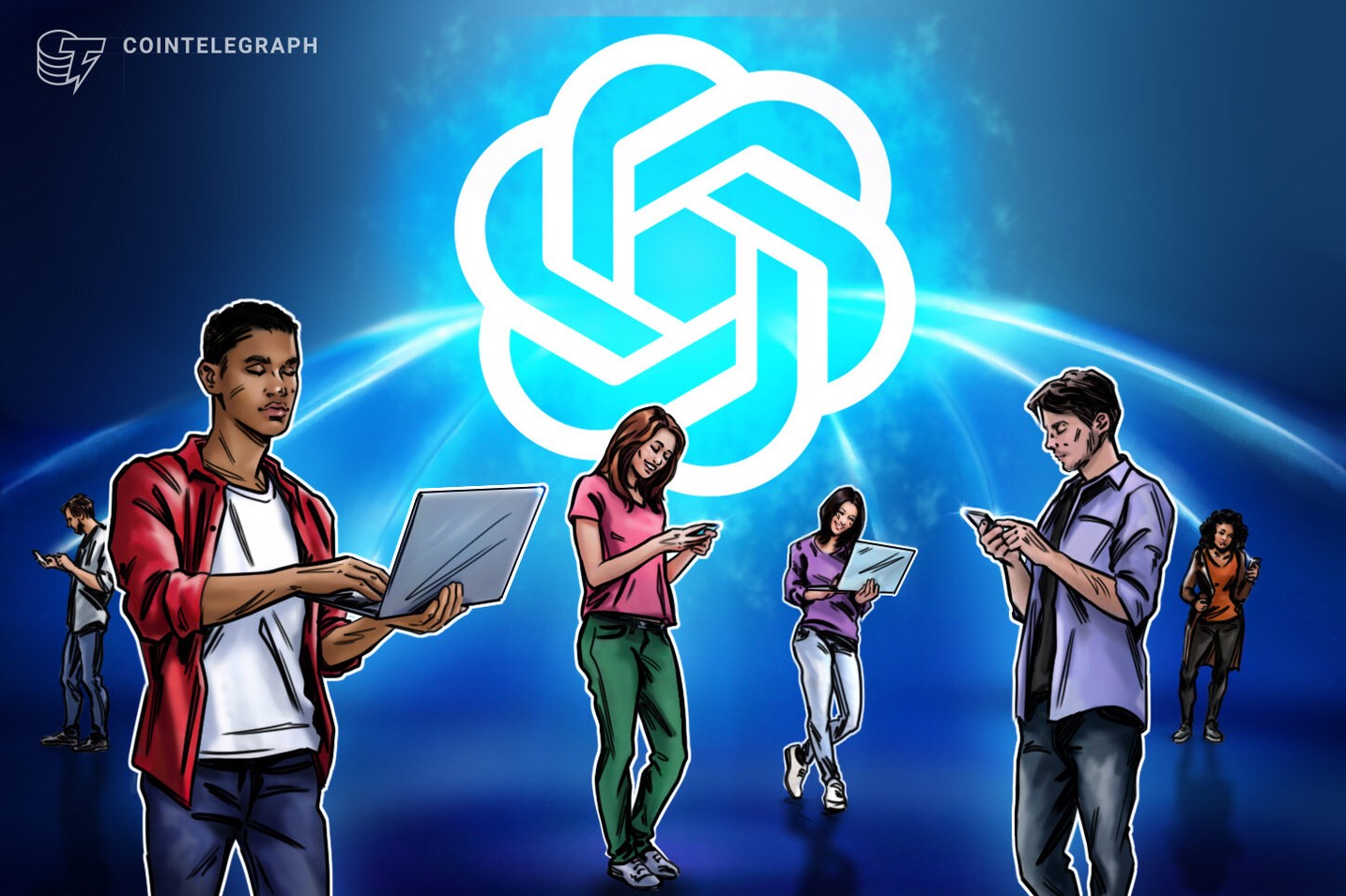The new language model will be publicly available for anyone to use, download, modify or deploy, unlike OpenAI's other recent releases, which are closed systems.

OpenAI is set to launch an “open” version of its language model this year, allowing developers to run the model on their own hardware.
In an update posted to X on March 31, OpenAI CEO Sam Altman said the artificial intelligence firm would release the powerful “new open-weight language model with the reasoning” in the coming months but first wanted to gather feedback about “how to make it maximally useful.”
“We’ve been thinking about this for a long time, but other priorities have taken precedence. Now it feels important to do,” he said, adding it was the first “open-weight” model since GPT-2 in 2019.
Adding that: “We still have some decisions to make, so we are hosting developer events to gather feedback and later play with early prototypes.”
Source: Sam Altman
An open-weight language model is publicly available for anyone to use, download, modify or deploy for their own purposes. It’s not as open as an open-source model, but it would be a change from GPT-3 and GPT-4, which were fully closed.
Altman said developer events for GPT-2 will start in San Francisco, California — where OpenAI is headquartered — in the next few weeks, followed by sessions in Europe and the Asia–Pacific region, according to Altman.
Source: Steven Heidel
“We’re excited to see what developers build and how large companies and governments use it where they prefer to run a model themselves,” Altman said.
“We will do extra work given that we know this model will be modified post-release.”
OpenAI’s first “open” model” since GPT-2 in 2019
OpenAI’s open-weight language model GPT-2 was partially released in February 2019, followed by a full release in November of the same year.
Related: ‘Our GPUs are melting’ — OpenAI puts limiter in after Ghibli-tsunami
Altman also said on Feb. 12 his firm wants to ship GPT-4.5 and GPT-5 in the coming weeks or months.
The AI arms race has been heating up with the launch of rival DeepSeek, which functions similarly to ChatGPT but was reportedly created at a fraction of the cost and time.
Alibaba Group launched its new open-source AI model for cost-effective AI agents on March 26, while Google introduced Gemini 2.5, its latest experimental artificial intelligence model, on March 25.
Meanwhile, Meta CEO Mark Zuckerberg said in a March 19 Threads post that the firm’s AI model family, Llama, released in February 2023, had hit 1 billion downloads.
Magazine: ‘Chernobyl’ needed to wake people to AI risks, Studio Ghibli memes: AI Eye

 7 months ago
81
7 months ago
81







 English (US) ·
English (US) ·